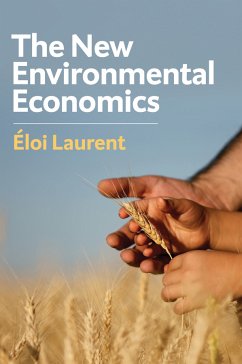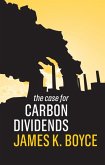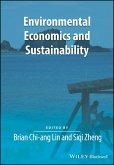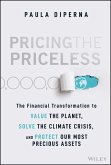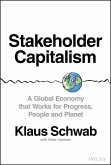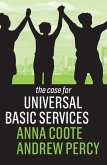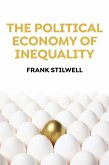Too often, economics disassociates humans from nature, the economy from the biosphere that contains it, and sustainability from fairness. When economists do engage with environmental issues, they typically reduce their analysis to a science of efficiency that leaves aside issues of distributional analysis and justice. The aim of this lucid textbook is to provide a framework that prioritizes human well-being within the limits of the biosphere, and to rethink economic analysis and policy in the light of not just efficiency but equity. Leading economist Éloi Laurent systematically ties together sustainability and justice issues in covering a wide range of topics, from biodiversity and ecosystems, energy and climate change, environmental health and environmental justice, to new indicators of well-being and sustainability beyond GDP and growth, social-ecological transition, and sustainable urban systems. This book equips readers with ideas and tools from various disciplines alongside economics, such as history, political science, and philosophy, and invites them to apply those insights in order to understand and eventually tackle pressing twenty-first-century challenges. It will be an invaluable resource for students of environmental economics and policy, and sustainable development.
Dieser Download kann aus rechtlichen Gründen nur mit Rechnungsadresse in A, B, BG, CY, CZ, D, DK, EW, E, FIN, F, GR, HR, H, IRL, I, LT, L, LR, M, NL, PL, P, R, S, SLO, SK ausgeliefert werden.

